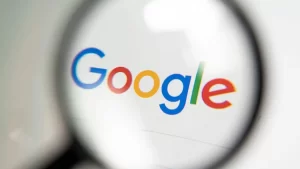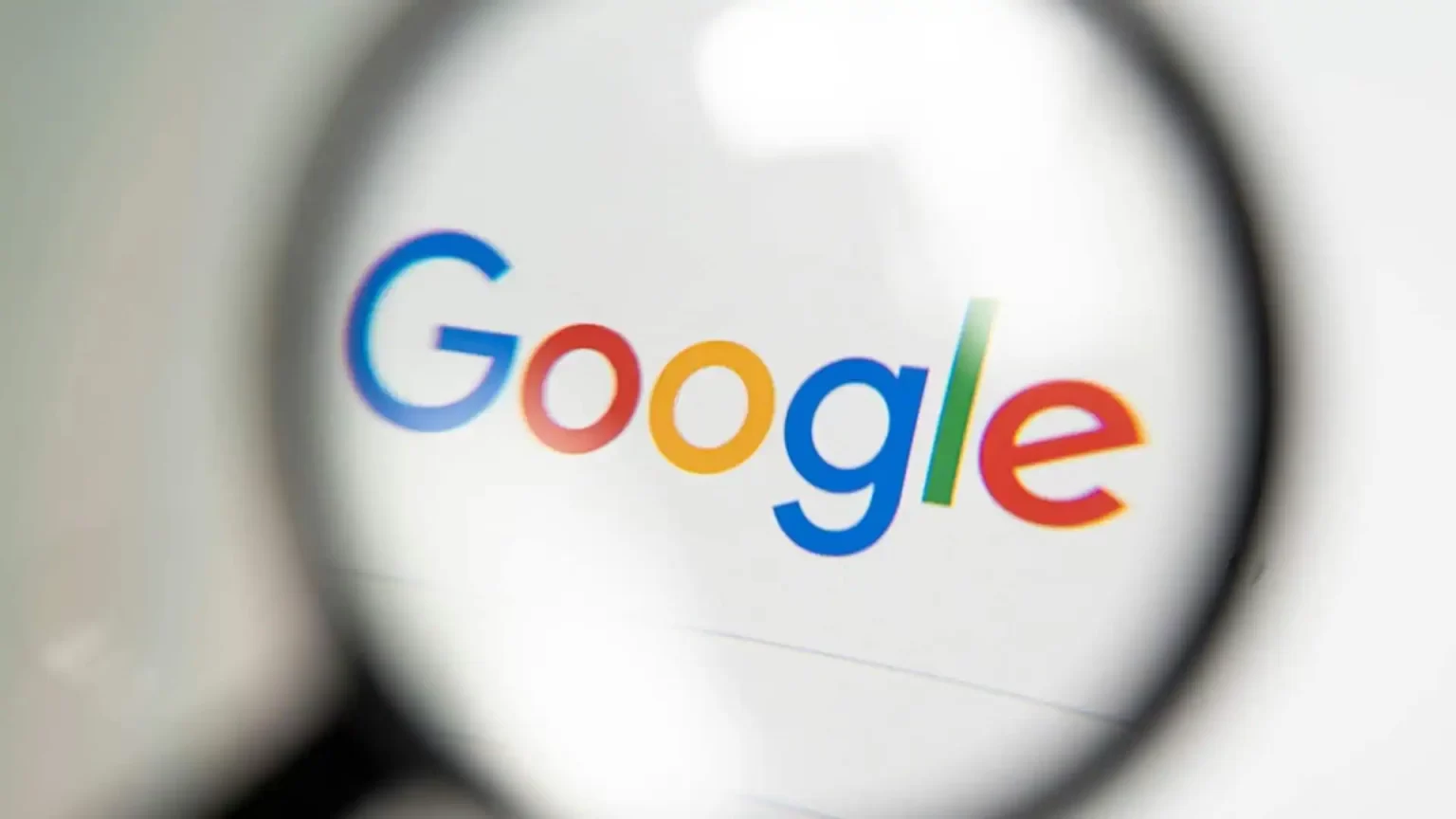In a move that’s raising eyebrows across the digital world, Google has launched a bold experiment aimed at measuring the impact of removing news content from European Union-based publishers from its search results. This test, which will affect only a small fraction of users in select EU countries, is being hailed as a way for both Google and publishers to understand the value of traffic driven by the search engine. However, it’s also seen as a potential warning shot to EU regulators and news outlets that have been pushing for stricter rules on how Google handles and compensates for news content.
The Test: What’s Happening?
For a limited time, Google will remove links to news articles from publishers located in the European Union for just 1% of its users in nine countries: Belgium, Croatia, Denmark, France, Greece, Italy, the Netherlands, Poland, and Spain. The search giant says it’s running this test to gather data on how news content in its search results affects traffic and user experience.
Despite removing EU news articles from search results, Google will continue to display links to news outlets based outside of the EU, as well as other types of search results. After the test concludes, the company plans to reinstate EU-based news content.
This is not a global change, but rather a carefully controlled experiment meant to provide insights into how much traffic EU news publishers might lose without Google’s search engine promoting their content.
Why Is Google Doing This?
The experiment is partly in response to growing pressure from EU regulators and publishers, who have raised concerns over the impact of Google’s search results on their businesses. Over the years, the relationship between Google and news publishers in Europe has become increasingly strained due to concerns about fair compensation for content. In particular, Google has had to comply with the European Copyright Directive, which requires the company to license news content from publishers in certain EU countries.
In fact, just this year, France fined Google $272 million for allegedly failing to honor an agreement regarding compensation for news publishers. These ongoing tensions have sparked discussions about the broader issue of whether tech giants like Google should be forced to pay publishers for using their news content in search results.
By conducting this experiment, Google is not only assessing the direct impact of news removal on traffic but also testing how these regulations might affect its business model moving forward.
Could This Be a Warning for Publishers?
While Google frames this test as a neutral experiment, it carries significant implications for news publishers in the EU. Once the experiment is over, participating publishers will have a clear view of how much traffic they stand to lose without Google’s involvement. The results could prompt some publishers to reconsider their stance on content licensing agreements with Google, while others may push harder for new legislation to ensure compensation.
At the same time, the test offers Google valuable insight into how much its users actually rely on news within the search engine. This mirrors Facebook’s recent decision to eliminate its News tab and stop paying publishers entirely after similar regulatory pressure in various countries. Google, much like Facebook, may ultimately want to gauge whether removing news from its platform would significantly impact user satisfaction or engagement.
A Broader Trend: Global Tensions Between Tech and News
Google’s experiment in the EU is part of a broader, ongoing struggle between tech giants and governments over the role of digital platforms in the distribution of news. In addition to its issues with EU regulators, Google has faced similar challenges in other countries. Earlier this year, California passed the Journalism Preservation Act, prompting Google to remove links to news articles from local California outlets. Similarly, Google has warned it may pull news content from Canada and even threatened to exit the Australian market in response to laws aimed at forcing the company to pay for news content.
The EU test could be a signal of even more dramatic moves by Google in the future. If the test reveals that news content is not as crucial to Google’s search experience as publishers might hope, we could see more widespread efforts to limit or remove news content altogether. On the other hand, if the test shows that news is a significant driver of user engagement, Google may be more inclined to negotiate with publishers for more favorable terms, or even comply with future regulations.
What’s Next?
While the test is time-limited, its implications could be far-reaching. For Google, the results may shape its approach to future news partnerships and regulatory compliance in Europe and beyond. For publishers, it could prompt a reassessment of their reliance on Google’s traffic, as well as influence how they approach future licensing deals or government regulations.
As the global debate over tech platforms’ role in the news ecosystem continues to unfold, Google’s experiment in the EU may be just the beginning of a much larger conversation about how news is distributed, consumed, and compensated in the digital age.

